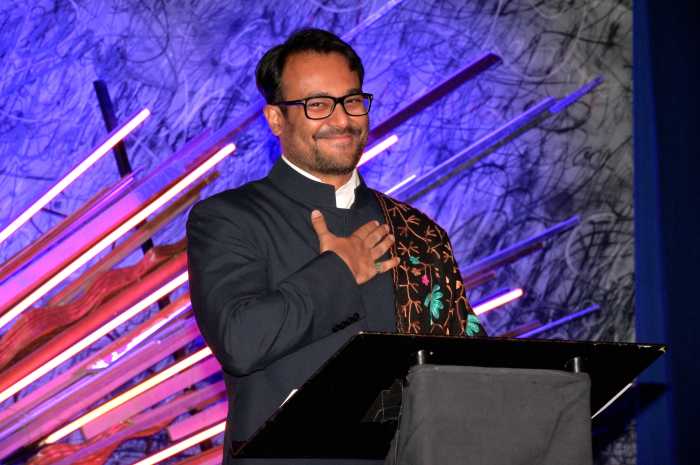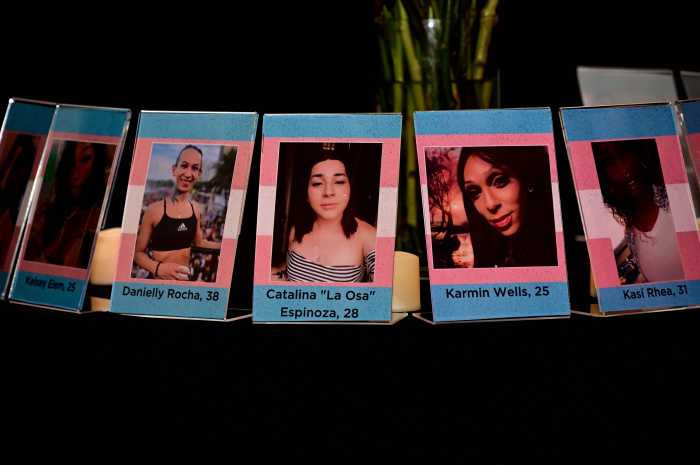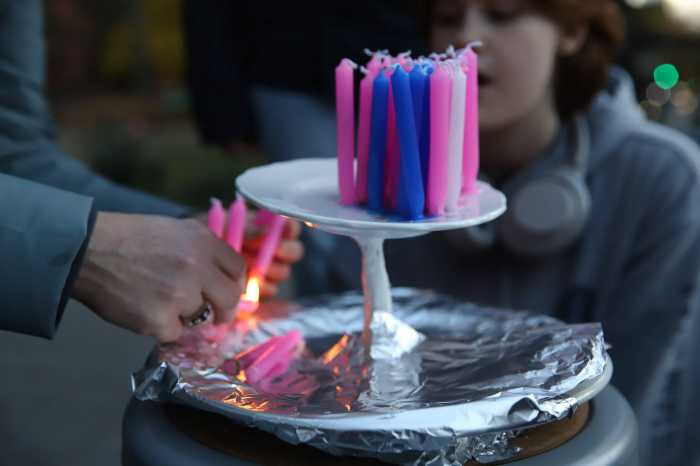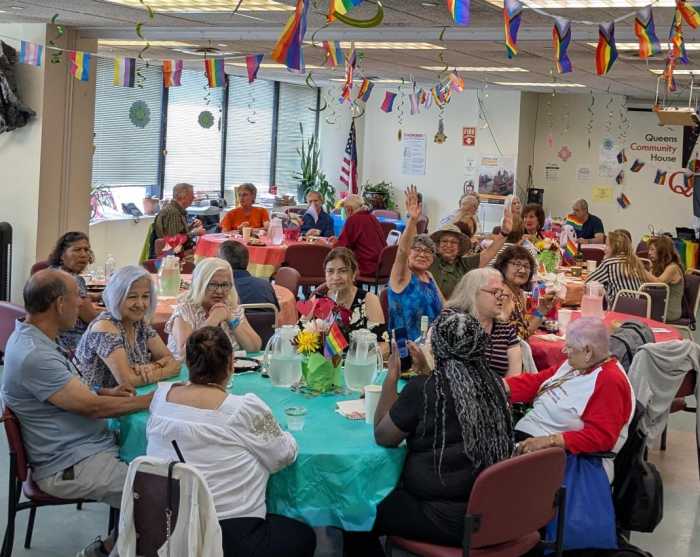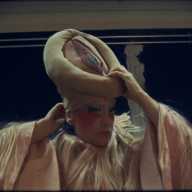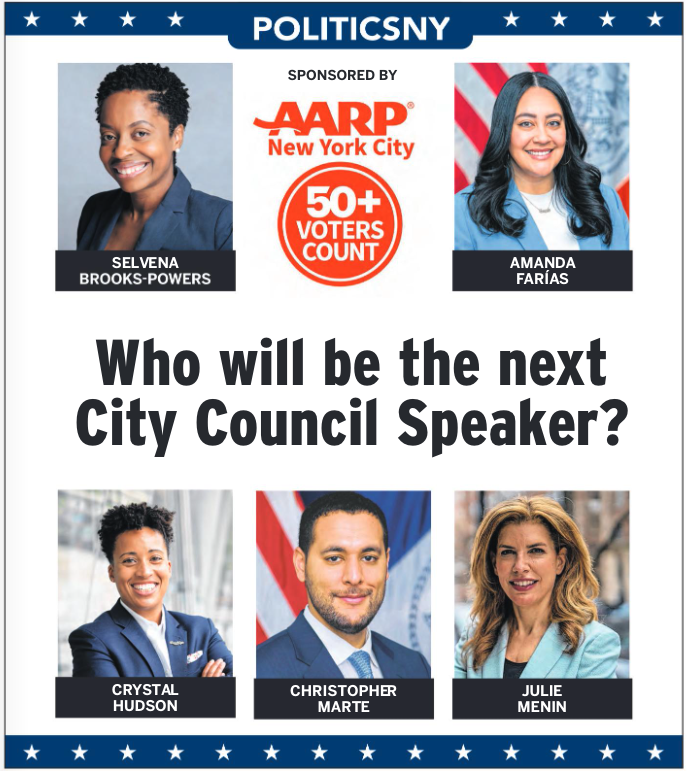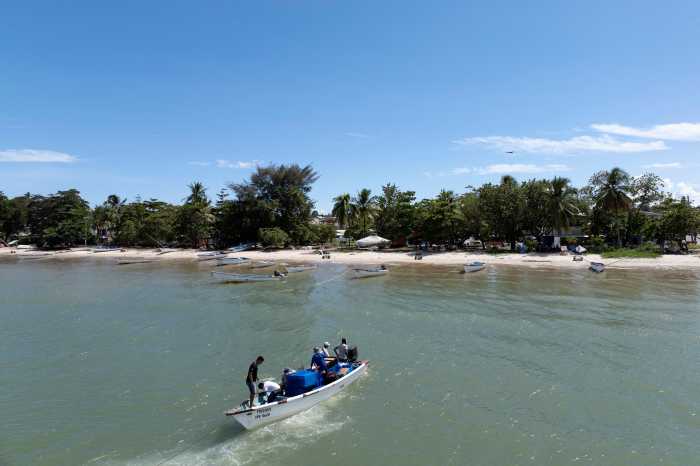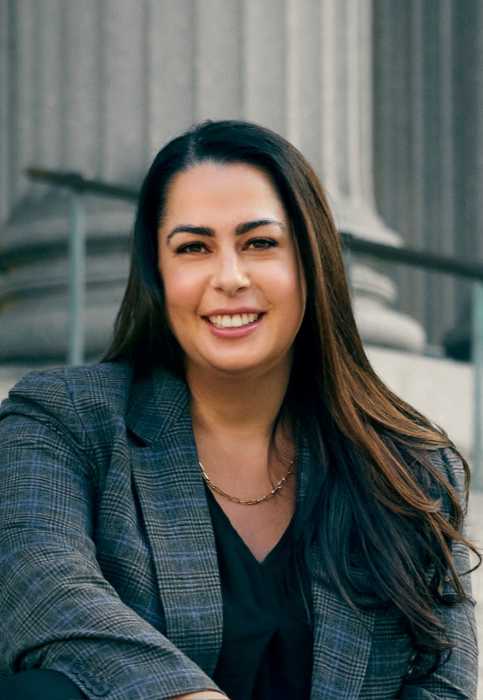I'd heard of Roger Federer, whom, I quickly learned, had won the last five Wimbledon titles. Rafael Nadal, the long-haired, 22-year-old from Spain, was new to me.
By: ERASMO GUERRA | The TV was tuned to the Federer/Nadal final at Wimbledon at a weekend brunch spot near my boyfriend Pajarito's East Village apartment. We'd planned on going to a movie that afternoon, but by the time the match went into a fifth set, Pajarito and I were hooked by the spirited back and forth, the killer serves and returns.
I'd heard of Roger Federer, who, I quickly learned, had won the last five Wimbledon titles. Rafael Nadal, the long-haired, 22-year-old from Spain, was new to me. In fact, I hadn't watched a tennis game in so many years that I was shocked by how long the shorts had grown. The athletes now looked rougher, too, like basketball players, especially with the way Nadal kept adjusting his crotch and pulling his underwear out from behind.
One of the sportscasters mentioned, in that typical low-whisper of weekend televised sports, that Federer's coach used to take him aside if he was doing particularly bad, and tell him, “Remember who you are.”
I'd grown up in working-class South Texas, where football ruled, but I avoided most team sports so that I wouldn't disappoint anyone. I followed only individual sports. On TV, that included the Tour de France, the Iron Man Triathlon, and, of course, swimming and diving – and anything else that required a skimpy outfit.
In the eighth grade I only signed up for tennis because most of the team consisted of the school's gay misfits. I enjoyed the camaraderie, but only because it was off-campus, at the courts of the nearby high school. Practice was after hours. The tournaments took place on the weekends. It was tennis on the down low.
I lost most of my matches and blamed it on the old-fashioned wooden racket that my mother bought cheap at a mall department store. Every other player carried one of those light-weight, graphite-frame, probably custom-built Prince rackets with over-sized heads.
But I loved my tennis shorts, which were pristine white and had a shiny belt clasp, and I loved my white leather tennis sneakers with a sky blue swoosh.
My mother must've sensed that, more than athletic ability, I was exploring my sexuality. When some of the players began calling the house, she asked who they were, suspicious about their less-than-macho voices. I let slip, testing her, that these guys might be gay or whatever, but they were still my friends. My mother scolded me for giving out my phone number.
When I told Pajarito about my tennis playing days, he said he used to play tennis, too.
“But I was really good at badminton,” he said.
I laughed. As if tennis wasn't gay enough.
Pajarito, who's from Thailand, frowned at my reaction. “Nobody in this country take it seriously.”
He went on to say that we Americans made the mistake of playing the game as a weekend recreational pursuit. “Seen it played in parks without net,” he grumbled.
By the time Pajarito and I finished our food, there was still no winner at Wimbledon. More people had arrived at the restaurant, including one woman and her two kids, who sat at the table right in front of the TV. On the sidewalk, passersby stopped at the railing that separated the tables from the street, and they watched the game through the open windows.
The game was delayed due to the rain, which gave Pajarito and I just enough time to rush back to his apartment and settle into the couch in front of his TV.
I might've mentioned my tennis playing to Pajarito, but I wasn't about to bring up Andre, a past lover who was obsessed with the game. He always wore a visor and practiced his strokes, long brown limbs following a backhand swing, wherever we went. And he used to push me out of his apartment early on weekend mornings so that he could get out to the city courts where the waits were long.
During the Grand Slam season, I hardly saw Andre as he holed up in his studio apartment, watching every overseas broadcast on TV. Whenever I did happen to go over and spend the night, he'd get out of bed at odd hours to check scores online.
In my half-sleep I always worried he was having an affair or downloading porn. When I confronted him about the gallery of online soft-core pictures he had of his favorite stars in candid half-naked snapshots, he tried to convince me that his favorite, a Russian named Marat Safin, looked a lot like me. But I knew he was just trying to shut me up.
Andre took me out to the courts once, but I must've proved to be such a weak player that he never took me out again.
In the two years we dated, he never invited me to attend the US Open with him, either. And why would he when he had so many other tennis-playing friends, including two sisters who lived in Queens, who were crazy about the game and its big name players?
There was always so much tension over tennis with Andre that I still remember the tag line, “Catch All The Drama,” that was used to promote the U.S. Open one season when we were still together.
The drizzly afternoon Pajarito and I lay together, holding one another on his couch, watching the final moments of Wimbledon, neither of us rooted for any particular player. We were just enthralled by the game. Never mind the little we seemed to know about it.
At one point, curious about the points being called, Pajarito turned to me and asked, “Why they say 'Love'?”
It'd been so long that I only knew “love” meant “zero,” as in no points given, but didn't know why.
Later, as the skies over London darkened, and the players seemed to make even more mistakes in their exhaustion, Pajarito turned to me again and said we should go watch a couple matches together at the upcoming US Open.
I cried when Nadal won. And with those tears I began to let go of Andre and all the old bewildering feelings of once being shut out.
Erasmo Guerra is a New York-based writer who, once the US Open is over, will spend the fall in residence at the Macondo Foundation Casa Azul in San Antonio. You can contact him at delriogrande@hotmail.com.

